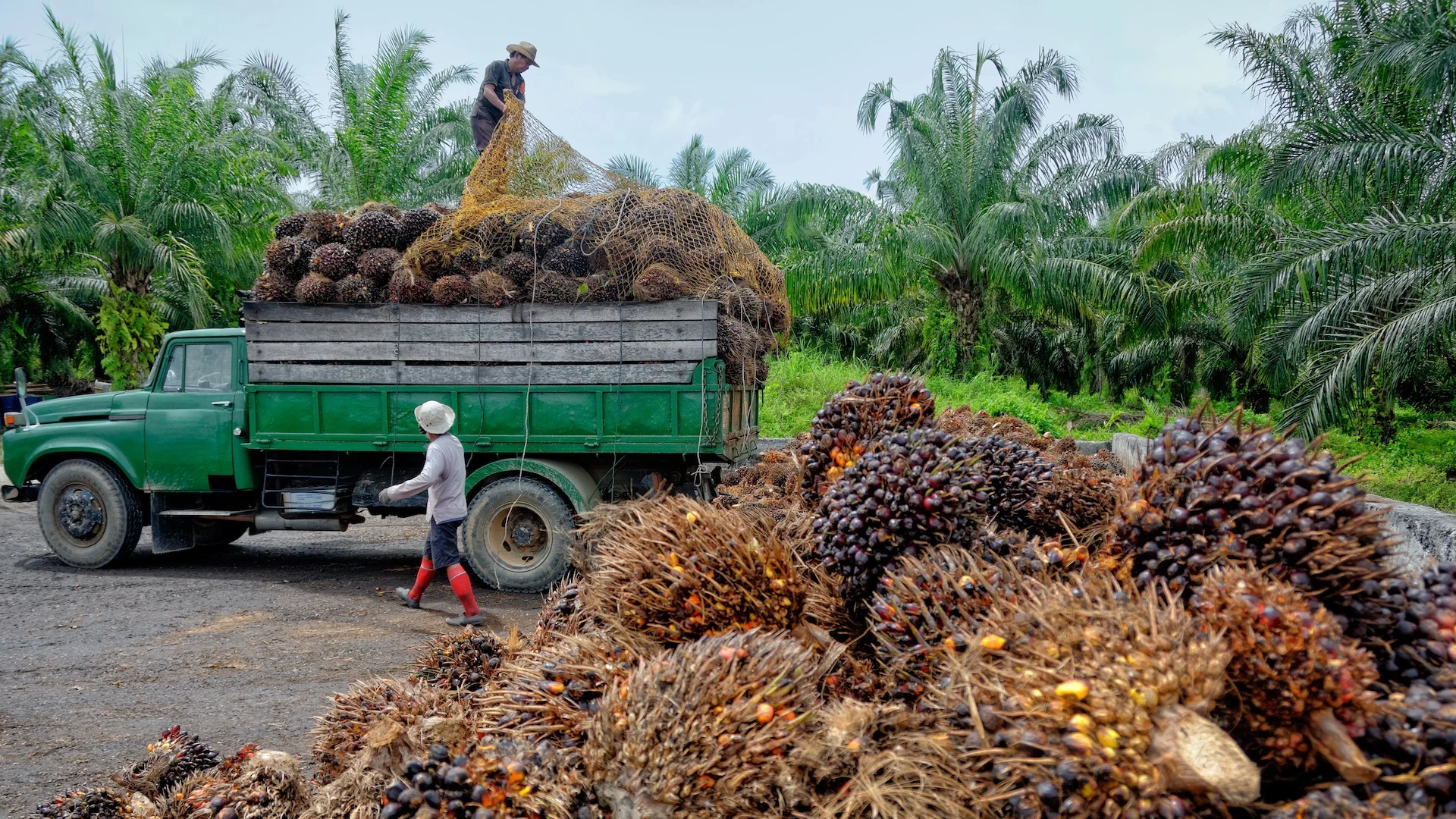- This topic is empty.
- AuthorPosts
- Aprili 7, 2025 at 6:11 mu #622815

Oil crops, such as soybeans, sunflower, canola, and palm, have long been integral to both human nutrition and industrial production. These crops are cultivated primarily for the extraction of oils, which serve a wide range of purposes.
While oil crops are most commonly recognized for their use in food production, they also have significant industrial applications, from biofuels to manufacturing lubricants and cosmetics.
This article explores the dual purpose of oil crops, highlighting their importance in food and industrial sectors and the benefits they provide across various industries.
1. Edible Oils: Essential for Nutrition
The primary and most widespread use of oil crops is for the production of edible oils, which form a staple in the human diet. Oils extracted from crops like soybeans, sunflower, and canola are rich in essential fatty acids, vitamins, and antioxidants that are critical for maintaining good health.
These oils are commonly used in cooking, frying, and as ingredients in processed foods. Their high nutritional value, particularly in unsaturated fats, helps promote heart health and provide energy.
Furthermore, the demand for vegetable oils has increased as consumers shift away from animal fats, making oil crops an essential component of modern diets worldwide.
2. Industrial Oils: A Key Ingredient in Manufacturing
Beyond their use in food, oil crops are indispensable in industrial applications. Oils extracted from crops such as palm, soybeans, and canola are used as raw materials in various manufacturing processes. These oils are used to produce products such as paints, coatings, soaps, detergents, and lubricants.
For example, castor oil, derived from the castor bean plant, is an essential ingredient in producing industrial products like plastics, textiles, and cosmetics.
Additionally, these oils are used in the creation of emulsifiers and surfactants that play a crucial role in numerous industrial processes. The versatility of oils from oil crops in industrial applications underscores their importance beyond the kitchen.
3. Biofuels: Oil Crops in Renewable Energy
Another significant industrial application of oil crops is in the production of biofuels. Vegetable oils, particularly those from soybeans and canola, are used to create biodiesel, a renewable and eco-friendly alternative to petroleum-based fuels.
Biodiesel made from oil crops can be used in cars, trucks, and machinery, offering a cleaner-burning fuel that reduces greenhouse gas emissions.
As the world seeks to transition away from fossil fuels, oil crops are becoming an increasingly important component of sustainable energy production. The use of oil crops in biofuels not only helps reduce dependence on traditional energy sources but also contributes to energy security and environmental sustainability.
4. Cosmetics and Personal Care Products
Oil crops also play a vital role in the cosmetic and personal care industry. Oils like sunflower, soybean, and coconut are commonly used in the formulation of lotions, shampoos, and skin care products due to their moisturizing and nourishing properties.
These oils are rich in essential fatty acids and vitamins that promote skin health and hair nourishment. In addition to their cosmetic applications, certain oils are used in the production of soaps and other personal care items.
The cosmetic industry continues to rely on plant-based oils as an alternative to synthetic ingredients, driven by consumer demand for natural, eco-friendly products.
5. Sustainable Agriculture and Economic Benefits
Oil crops provide numerous benefits beyond their applications in food and industry. Cultivating oil crops is often seen as a way to support sustainable agriculture and contribute to economic growth, particularly in developing countries. These crops can be grown in various climates and provide a reliable source of income for farmers.
In regions where oil crops are a major export, they can significantly boost the economy. Furthermore, oil crops can be part of crop rotation systems, enhancing soil fertility and preventing land degradation. By tapping into the full potential of oil crops, both food security and economic development can be promoted simultaneously.
In conclusion, oil crops serve a dual purpose that is essential to both the food and industrial sectors. These crops not only provide valuable edible oils that contribute to human nutrition but also support a range of industrial applications, from biofuels to cosmetics and manufacturing.
As demand for sustainable products continues to grow, oil crops will likely play an even greater role in addressing global challenges, such as energy security and environmental sustainability.
The dual-purpose nature of oil crops underscores their importance in creating a more balanced and resource-efficient world, where both food and industrial needs can be met sustainably.
- AuthorPosts
- You must be logged in to reply to this topic.

